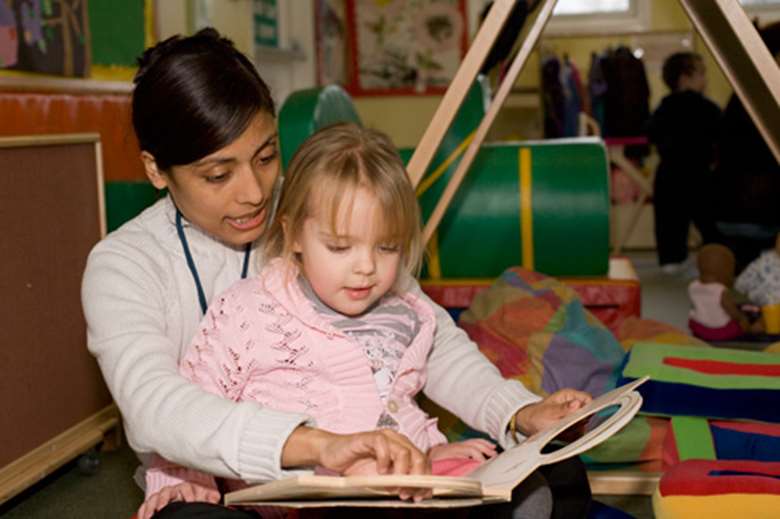Childcare funding reform allocations fail to plug provision gaps
Jess Brown
Thursday, September 15, 2016
Funding allocated to individual councils under the government's proposed early years national funding formula does not prioritise areas that most need to boost childcare places, the Family and Childcare Trust (Fact) has warned.

Analysis by Fact into how funding will be redistributed under the proposed formula shows there is "no correlation" between areas receiving more money and the need to increase take-up of free childcare places.
This is despite the government stating one of the aims of introducing a national formula is to incentivise take-up of the expanded free entitlement, which from September 2017 will see working parents of three- and four-year-olds be able to access 30 hours of free childcare.
"There is no correlation between gaps in the provision of free early education and the proposed redistribution of funding," says the Fact analysis, which is part of its response to the government's consultation on the proposals.
"Some local authorities with serious sufficiency problems such as those in central London will lose a significant amount of funding, while others with high take-up of the free offer will benefit significantly. We have proposed a stronger link between future funding allocations and sufficiency problems."
Under the government's funding proposals, the amount of money councils receive from central government will be based on a proposed new formula, under which councils will get a base rate for each childcare place making up 89.5 per cent of the total. The remainder will be based on the proportion of children in the area with additional needs. There will also be an "area cost adjustment" to reflect cost differences between local areas, such as staff costs.
Fact also found that the proposals will leave local authorities with millions of pounds less in funding to support early years services and train nursery staff.
The DfE announced a proposed cap of five per cent on the amount of funding local authorities can retain from their early years grant. It said this would see a quarter of councils - 38 - lose funding.
However, Fact analysis suggests that half of local authorities - 75 - will be worse off, losing a total of £83m.
Fact said this will compound funding challenges for those areas already managing budget reductions.
"The cap would put at risk the important strategic role local authorities play in improving quality and children's outcomes, particularly for those who are otherwise poorly served by the local early years market," it states.
The proposals are also not progressive in targeting the most disadvantaged children, the charity has concluded.
Its research confirmed that nursery schools, which are council-maintained, will be worst off from the new proposals, with around a fifth of these providers losing funding. A total of 63 per cent of children in the most deprived parts of the country attend nursery schools, compared with 17 per cent in the least deprived.
Fact estimates that up to £60m will be "transferred" from maintained to private, voluntary and independent childcare providers as a result of introducing a universal base rate, because councils have historically given nursery schools a higher funding rate.
For all settings, Fact states that the "key question" for providers will be whether funding rises in real terms once the National Living Wage is rolled out, and the 30 hours of free childcare is introduced next year.
Fact's consultation response calls for the government to:
- Target investment at areas with the greatest funding and provision challenges
- Slow down the speed of reforms
- Link some funding to each council's sufficiency challenges
- Work with the Greater London Authority to find a solution for inner London, where 12 out of 14 local authorities will lose an average of five per cent of their funding
Ensure that the equal funding for private, voluntary and independent nurseries, and maintained settings, means equalising quality, access and inclusion requirements across all settings
The Department for Education consultation on the proposals closes on 22 September.
A DfE spokeswoman said: "We are investing a record £6 billion in childcare by 2020, including a £300m increase to the average rate paid to providers across the country for our two, three and four-year-old offers.
"Our funding rates were informed by the most comprehensive analysis of the childcare market ever conducted, and the vast majority of councils and providers will see increases in their average hourly funding rates, not decreases."




